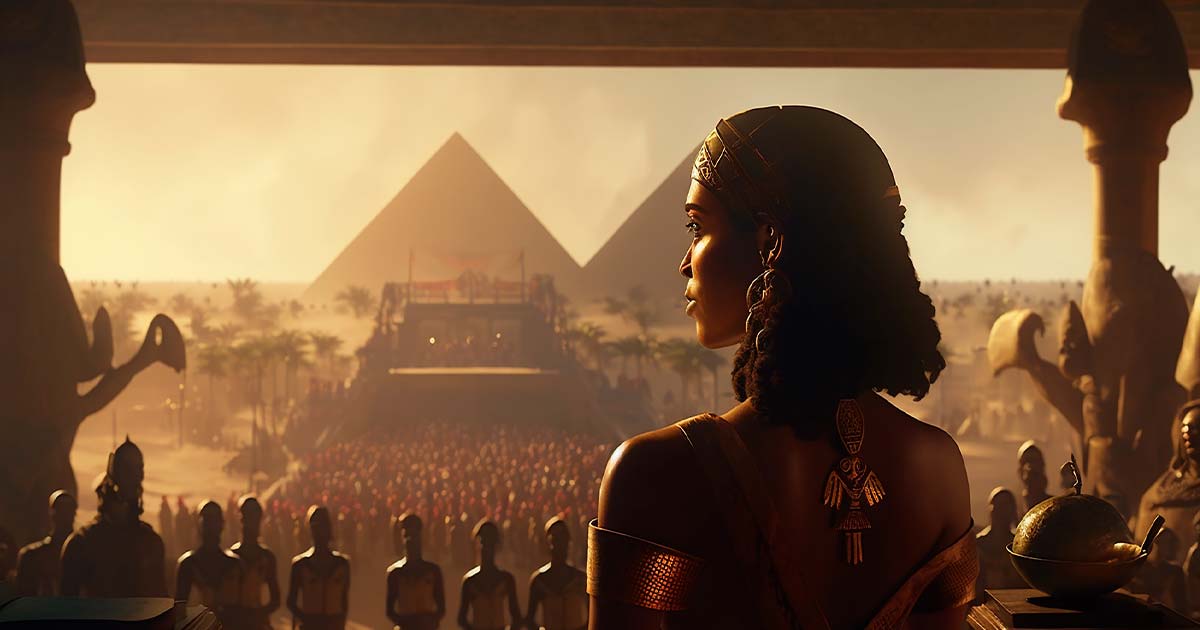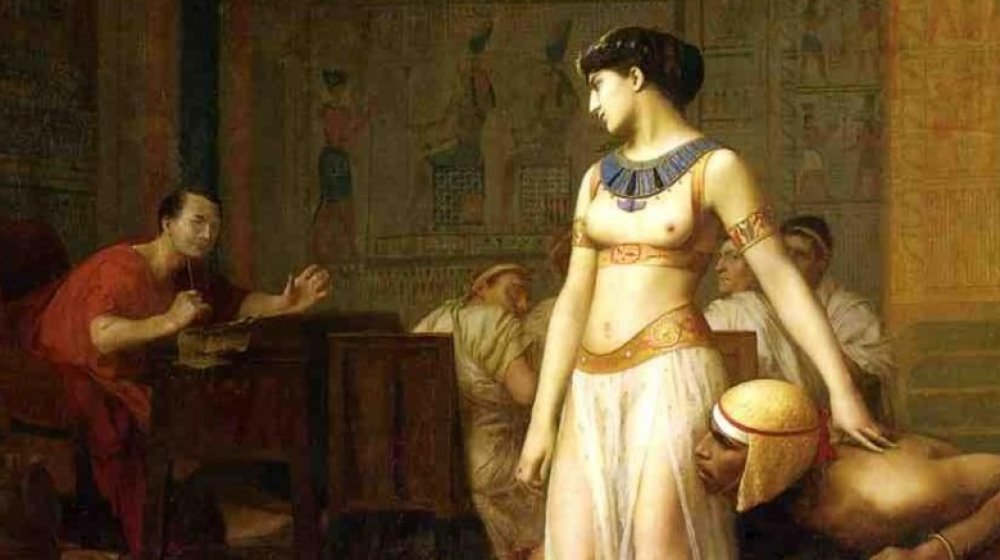It was a terrible year for Egypt and Cleopatra in 44 BC.


In 44 BC, Cleopatra and Egypt faced a catastrophic event that would shape their destiny. A volcanic eruption, with far-reaching global consequences, struck the world, impacting Egypt severely. The eruption disrupted the life-sustaining floods of the Nile, plunging the region into years of famine. This natural disaster pushed Cleopatra and her nation to the brink of self-destruction and political turmoil. Amidst the chaos, Rome was embroiled in civil war, a precarious situation that presented Cleopatra with an intriguing dilemma. Rival factions sought her support, both financially and logistically. In more prosperous times, she might have supported multiple sides, hedging her bets. However, the famine’s grip on Egypt forced her to make a pivotal decision.

Historians have debated Cleopatra’s motives for delaying her decision, with some suggesting it was a clever ploy to assess the stronger side. Recent research, though, proposes a different narrative. The famine and disease she mentioned were likely the aftermath of the volcanic eruption, as masses of starving refugees flooded the city in search of sustenance. This large-scale migration facilitated the spread of infectious diseases, such as bubonic plague, compounding Cleopatra’s challenges. By 41 BC, after three tumultuous years following the volcanic eruption, Cleopatra had no choice but to align herself with one side. Her decision would ultimately seal her fate, marking a tragic chapter in history.